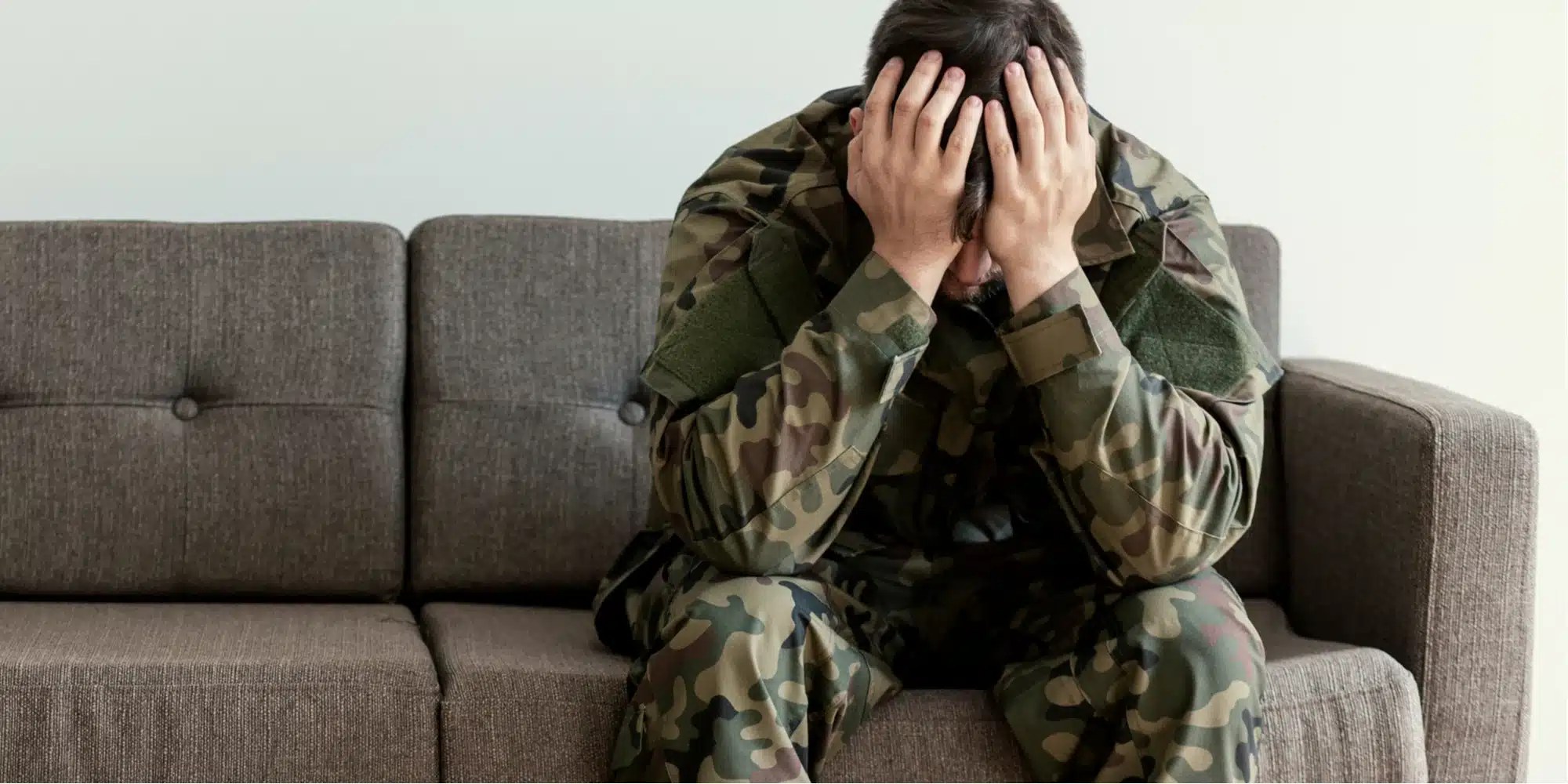
Researchers have linked problem gambling to mental health conditions such as anxiety, depression, and post-traumatic stress disorder (PTSD). It should come as no surprise that the condition is more prevalent among active-duty and veteran military personnel.
Young men of lower socioeconomic status who abuse substances and experience stress are also more likely to have a gambling disorder; all of these factors are known to be more prevalent among military personnel.

43% Problem Gamblers among UK Veterans
According to a study, British military veterans have a significantly higher risk of developing gambling problems than the general population.
The Health and Gambling Study among The UK Armed Forces Veterans is the first nationwide survey of ex-service members’ gambling habits. The findings, which were published in the British Medical Journal, can be concerning to some.
The report concludes that veterans are nearly seven times more likely than non-veterans to have a gambling problem.
Researchers surveyed 1,037 ex-military men and women who reported gambling. This was compared with an age- and gender-matched sample of 2,185 non-veterans who also gambled.
According to the Problem Gambling Severity Index, 43% of veterans were problem gamblers, while only 6.5% of the other group were problem gamblers.

The danger of addiction
Despite the fact that the study is observational and therefore cannot establish causation, the researchers believe the veterans’ gambling problems are highly likely related to their military service. According to the study, such services are “known to be associated with higher physical and mental health requirements.”
They conclude that there is a “good economic case” for screening veterans for gambling problems. This is not currently included in routine post-deployment mental health evaluations in the United Kingdom.
According to the study, ex-military reported greater use of health care services, which are generally free at the point of consumption in the United Kingdom, than non-veterans. This included visits to primary care physicians, hospital stays, and social worker contact.
Additionally, they claimed more welfare benefits, lost more working hours, accumulated larger debts, and had more run-ins with the law. And they utilized gambling support and substance and alcohol abuse treatment services more frequently.
You can find more information on top online casinos and how to gamble safely at CasinoTop3. As with any addiction, it’s important to seek help to get it under control. Over the last few years, great steps have been taken by the gambling industry to promote healthy gambling habits.

Similar findings in US veterans
Similar research has been conducted on current and former US servicemen and women. The research indicates that 10% of military veterans suffered from problem gambling, compared to 2.5% of the general population.
According to the report, this “often co-occurred with trauma-related conditions, substance abuse, and suicidality.” The National Council on Problem Gambling (NCPG) estimates that up to 56,000 active-duty US military personnel meet the criteria for a gambling disorder.
The National Defense Authorization Act in 2018 mandated that routine Defense Department (DOD) health checks include screening for problem gambling.
However, the DOD has been criticized for operating more than 3,000 slot machines overseas on US military bases, generating $100 million annually. This is despite the fact that domestic bases have prohibited slots since 1951.
ATTENTION READERS
We See The World From All Sides and Want YOU To Be Fully InformedIn fact, intentional disinformation is a disgraceful scourge in media today. So to assuage any possible errant incorrect information posted herein, we strongly encourage you to seek corroboration from other non-VT sources before forming an educated opinion.
About VT - Policies & Disclosures - Comment Policy



